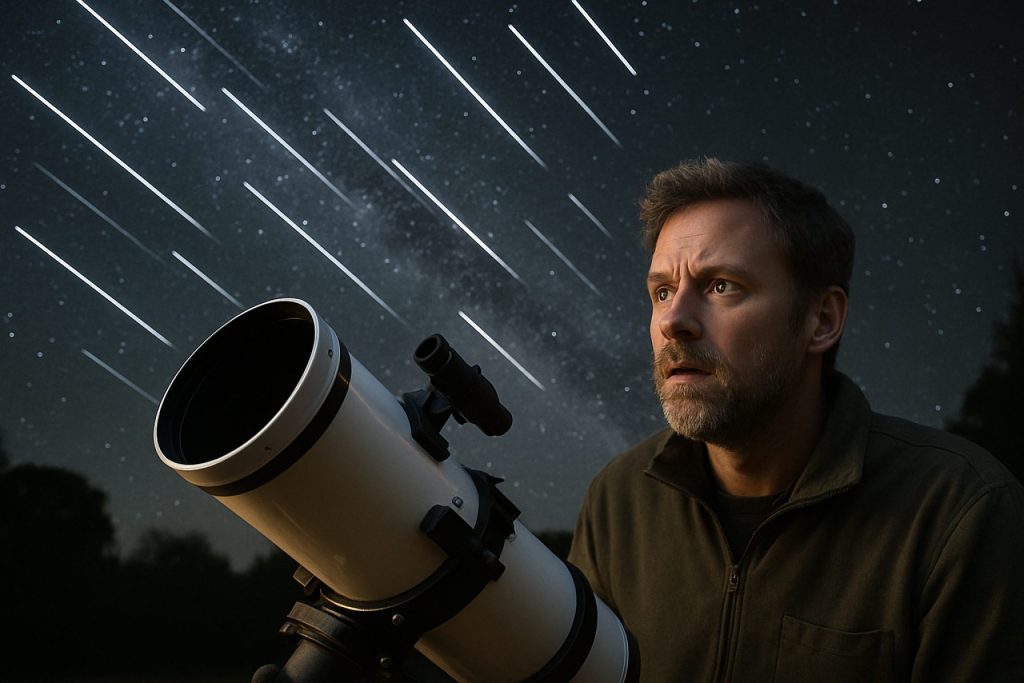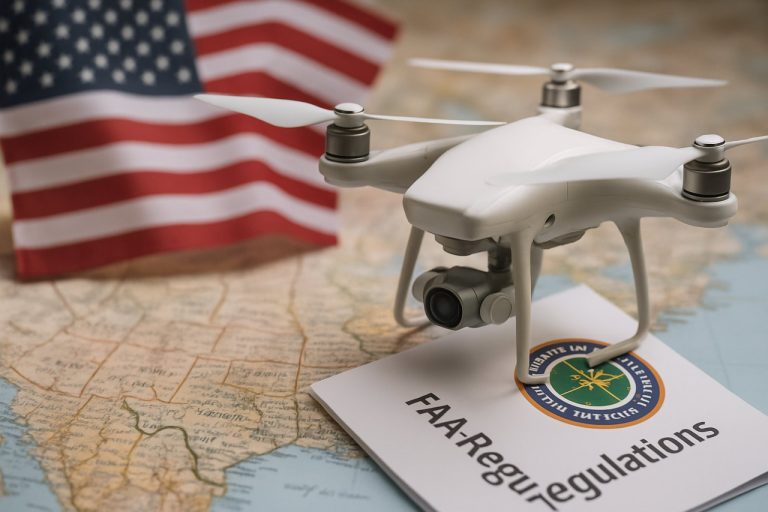
SpaceX’s Starlink Satellites Are Drowning Out Ancient Cosmic Signals—Here’s Why Scientists Are Worried in 2025
New findings reveal Starlink satellites are leaking powerful radio signals, risking future discoveries about the early universe. What’s next?
- Over 2,000 Starlink satellites now in orbit
- 10,000x stronger signal leaks compared to ancient hydrogen signals
- Up to 33% of telescope data at risk from interference
- 100,000+ new antennas planned for SKA-Low telescope in Australia
Global internet access might be coming at a cosmic cost. SpaceX’s ambitious Starlink satellite network—now numbering over 2,000 orbiters—has revolutionized online connectivity on Earth. But in an unexpected twist, astronomers warn that these same satellites are leaking radio waves so powerful they could block humanity’s view of the universe’s first moments.
Why Are Astronomers Suddenly Worried About Starlink?
Researchers using a prototype of the massive Square Kilometre Array-Low (SKA-Low) telescope, currently under construction in Australia, recently traced signals from nearly 2,000 Starlink satellites. Their verdict sent shockwaves: signals from these satellites interfere with observations at frequencies critical for studying the dawn of the cosmos.
Sensitive radio telescopes, designed to pick up the faint whispers of hydrogen clouds left over from the Big Bang, are being routinely drowned out by satellite emissions up to 10,000 times stronger than the signals they seek.
What Kind of Signals Are Leaking from Starlink Satellites?
Unlike their main internet transmissions, these rogue emissions aren’t intentional. Astronomers blame accidental “leakage” from onboard electronics, emitting through the satellites’ antennas. Even more alarming, some of these signals fall within frequency ranges protected for radio astronomy by the International Telecommunication Union (ITU)—zones that are not supposed to be touched.
Yet, because current rules only govern deliberate transmissions, this powerful interference is technically legal—opening a regulatory gray area now under global discussion.
Is This a New Problem, or Have SpaceX and Scientists Attempted Solutions?
SpaceX has already shown willingness to tackle similar problems: it adjusted Starlink satellites to be less reflective after their brightness disrupted optical astronomy. The company also coordinates to switch off certain transmissions while flying over sensitive telescopes. But these “fixes” haven’t stopped the unintentional radio leakage—a phenomenon that continues to undermine astronomers’ ability to collect clean data.
Curtin University experts behind the SKA-Low findings report that in some frequency bands, up to a third of crucial astronomical data could be compromised.
For updates on tech and science, check resources like NASA, ITU, and SpaceX.
How Do These Signal Leaks Impact Our Understanding of Space?
Astronomers are hunting for traces of neutral hydrogen—remnants of the very first stars. The leaked satellite signals are so strong, they rival the universe’s brightest natural radio sources, essentially crowding out the delicate clues needed to answer cosmic mysteries.
Experts say these findings echo earlier studies, but the scale and persistence of the problem in 2025 signal the need for urgent action.
Can the Problem Be Fixed—And Who Is Responsible?
Although SpaceX is cooperating with astronomers, reducing unwanted emissions requires technical solutions on the satellites themselves or advanced data-cleaning algorithms. The latter are still experimental and would demand immense computing power, possibly overwhelming existing research infrastructure.
International regulators, such as the ITU, are just beginning to discuss tightening rules on such emissions—a process that could reshape how satellites are built and operated worldwide.
What’s Next? Will SpaceX Take Action?
The ball is in SpaceX’s court. If engineering fixes don’t lower the interference, astronomers may be forced to wage a technological arms race, expending resources to scrub satellite noise from cosmic data. The fate of groundbreaking discoveries about our universe’s origins could depend on what happens next.
Are you passionate about science and space? Stay informed—and keep pushing for responsible innovation in orbit.
- 🔲 Follow updates from international regulators like ITU
- 🔲 Track new findings from massive telescope projects like SKA
- 🔲 Support calls for satellite companies to adopt stronger emission controls
- 🔲 Stay curious—your voice matters as we balance global connectivity and cosmic discovery



